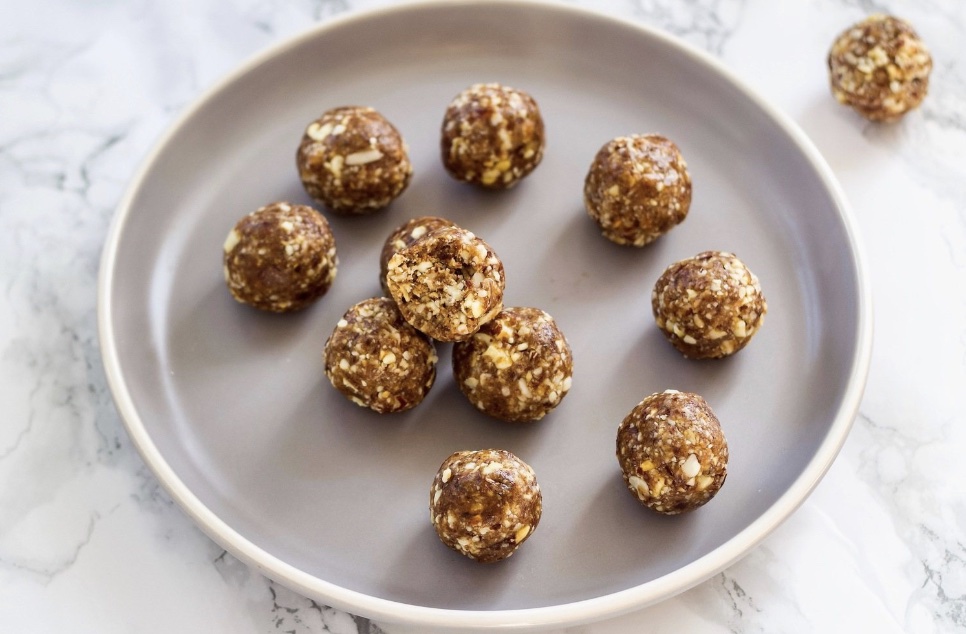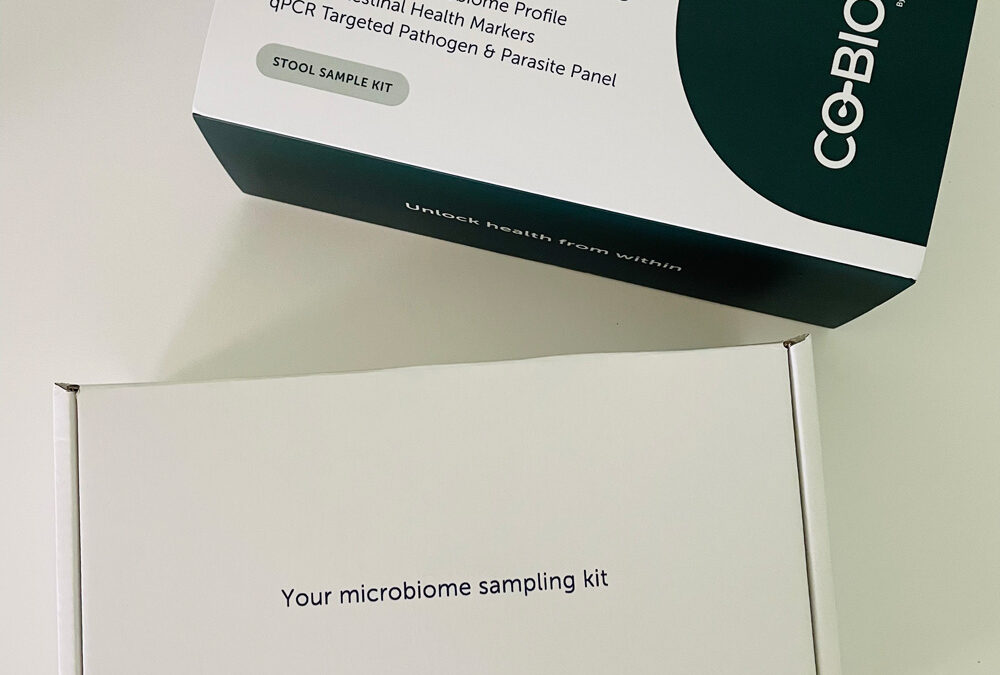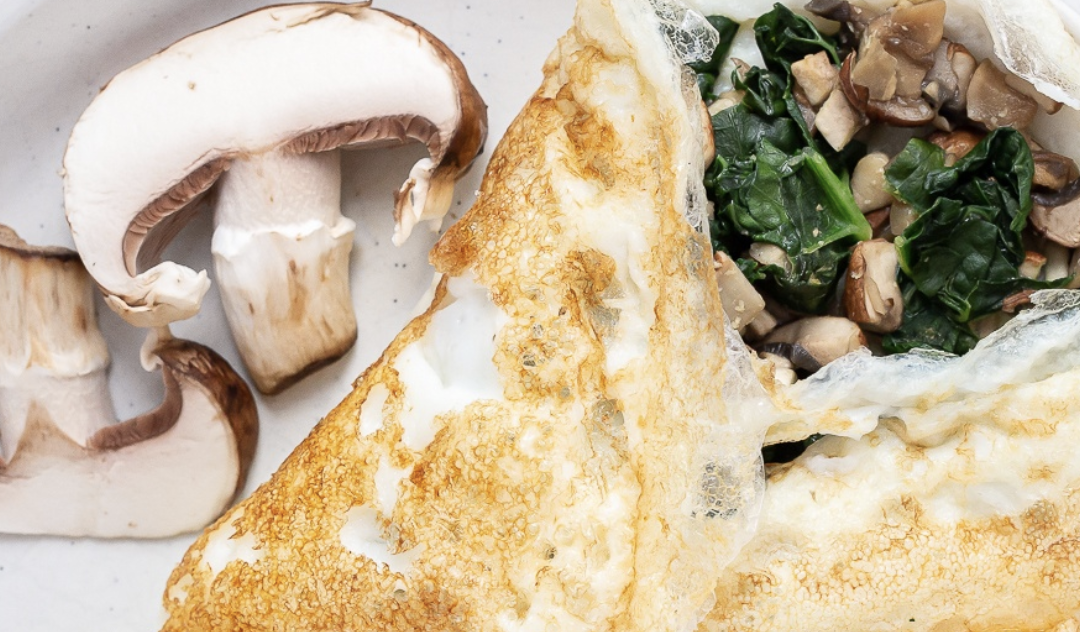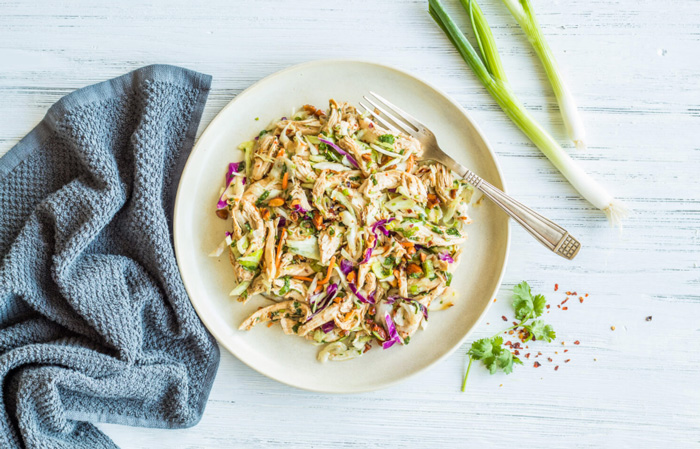Bloating is a common sign that your digestive system may be out of balance, particularly when it comes to small intestinal bacterial overgrowth (SIBO). If you find that your bloating intensifies 30 to 100 minutes after eating, it could be a clue that bacteria in your small intestine are fermenting carbohydrates too early.
This overgrowth of bacteria can cause specific carbohydrates and high-fibre foods like apples, garlic, and onions to ferment, leading to gas and bloating shortly after your food leaves the stomach.
In this article, we’ll guide you through understanding SIBO, exploring how it develops, recognising other symptoms associated with it, and discovering holistic approaches to treatment.
What Causes Small Intestinal Bacterial Overgrowth?
Did you know that food poisoning is one of the leading causes of small intestinal bacterial overgrowth (SIBO)? When food poisoning strikes, it can trigger auto-antibodies that attack the intestinal lining, disrupting the migrating motor complex (MMC).
The MMC acts as your body’s internal housekeeper, clearing out bacteria and food from the small intestine to the large intestine. When this crucial process is impaired, bacteria can start to accumulate where they shouldn’t, leading to the development of SIBO.
Other factors that can contribute to SIBO include:
- Adhesions from abdominal surgery
- Recurrent use of antibiotics
- Celiac disease
- Hypothyroidism
- Low stomach acid
- Poor bile flow and low pancreatic enzyme production
- Moderate alcohol consumption (one to two drinks per day)
- Use of oral contraceptive pills
What are the Symptoms of SIBO?
The symptoms of small intestinal bacterial overgrowth (SIBO) can vary depending on the type of bacterial overgrowth and the specific gas being produced.
Below, we’ve outlined three different types of SIBO and their associated symptoms. If multiple gases are being produced, you may experience a combination of symptoms, making it challenging to identify your specific type of SIBO without proper testing.
This is why we always recommend SIBO breath testing before starting any treatment.
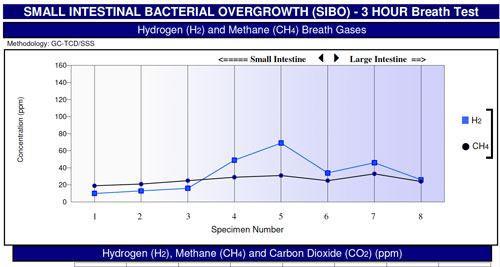
There are three types of SIBO:
- Methane dominant
- Hydrogen dominant
- Hydrogen sulfide
- You can also have a combination
Symptoms associated with methane:
- Bloating
- Belching
- Constipation
- Nausea (retrograde motility)
Symptoms associated with hydrogen:
- Diarrhoea
- Alternating diarrhoea and constipation
- Cramping
- Fibromyalgia
Symptoms associated with hydrogen sulfide:
- Diarrhoea (small intestine)
- Constipation (large intestine)
- Foul gas
- Bladder pain
- Joint pain
Effective Strategies for Treating SIBO and Reducing Bloating
Your treatment plan will be tailored to the specific type of small intestinal bacterial overgrowth (SIBO) you have, the root cause, and the severity of your condition.
When addressing SIBO, your treatment approach will typically include the following:
1. Starting a Personalised Nutrition Plan
A customised nutrition plan is crucial for minimising the foods that feed harmful bacteria, based on the specific type of gas identified in your SIBO breath test. As your gut health improves, your diet will gradually expand, reintroducing more foods.
Our goal is to enhance your food diversity as much as possible by the end of your treatment, allowing you to enjoy a varied, whole-foods diet without experiencing bloating, gas, or irregular bowel habits.
2. Enhancing Digestion, Stomach Acid and Bile Production
Low stomach acid and reduced pancreatic enzyme production are common issues in SIBO and can contribute to its recurrence. These imbalances often stem from factors like high stress, anxiety, eating on the go, and mindless eating.
Stomach acid plays a vital role in killing off harmful bacteria that might be present in your food. Without sufficient levels, more bacteria can move into the small intestine, leading to an overgrowth and worsening your symptoms.
Additionally, adequate bile production is essential for preventing SIBO. Bile not only aids in emulsifying fats and supporting overall digestion but also has natural antimicrobial properties that help to control bacterial growth in the small intestine. This ensures that bacteria are effectively cleared from the small intestine, reducing the risk of overgrowth.
Both stomach acid and bile production will be carefully considered in your treatment plan.
3. Addressing the Bacterial Overgrowth
In the weeding phase of your treatment, we will use a carefully selected combination of herbal ingredients to target and reduce the bacterial overgrowth. The specific herbs chosen will depend on the type of bacteria identified in your case.Some of the herbal options we might consider include:
- Berberine containing herbs such as phellodendron, chinese goldthread and barberry
- Clove
- Garlic
- Thyme
- Oregano oil
- Horopito
- Pomegranate
These herbs are chosen for their ability to help manage and eliminate excess bacteria, supporting a healthier balance in your gut.
4. Healing the Small Intestine and Addressing Leaky Gut
Small intestinal bacterial overgrowth (SIBO) can lead to leaky gut syndrome, which impairs the absorption of crucial minerals like iron and zinc. For those experiencing long-term iron deficiency despite a diet rich in red meat, SIBO could be the underlying cause.
Once we treat SIBO and address leaky gut, with the support of healing herbs and nutrients such as aloe vera, boswellia, turmeric, glutamine, zinc, and vitamin A, mineral absorption improves and iron deficiency can be corrected.
5. Preventing Relapse
SIBO can unfortunately return if the underlying causes aren’t fully addressed.
To prevent relapse, it’s crucial to support the migrating motor complex for up to 6 months after treatment, especially if food poisoning was a contributing factor.
This helps to ensure long-lasting relief from unwanted symptoms such as bloating, excess gas, burping and irregular bowel movements.
In Summary
Ready to finally overcome bloating and live free from embarrassing digestive symptoms?
Our expert team at Embodii is here to guide you towards a healthier, more comfortable life without that persistent bloating or unwanted digestive symptoms ruining your day.
Book your initial consultation with our highly qualified practitioners today and take the first step towards lasting relief.






